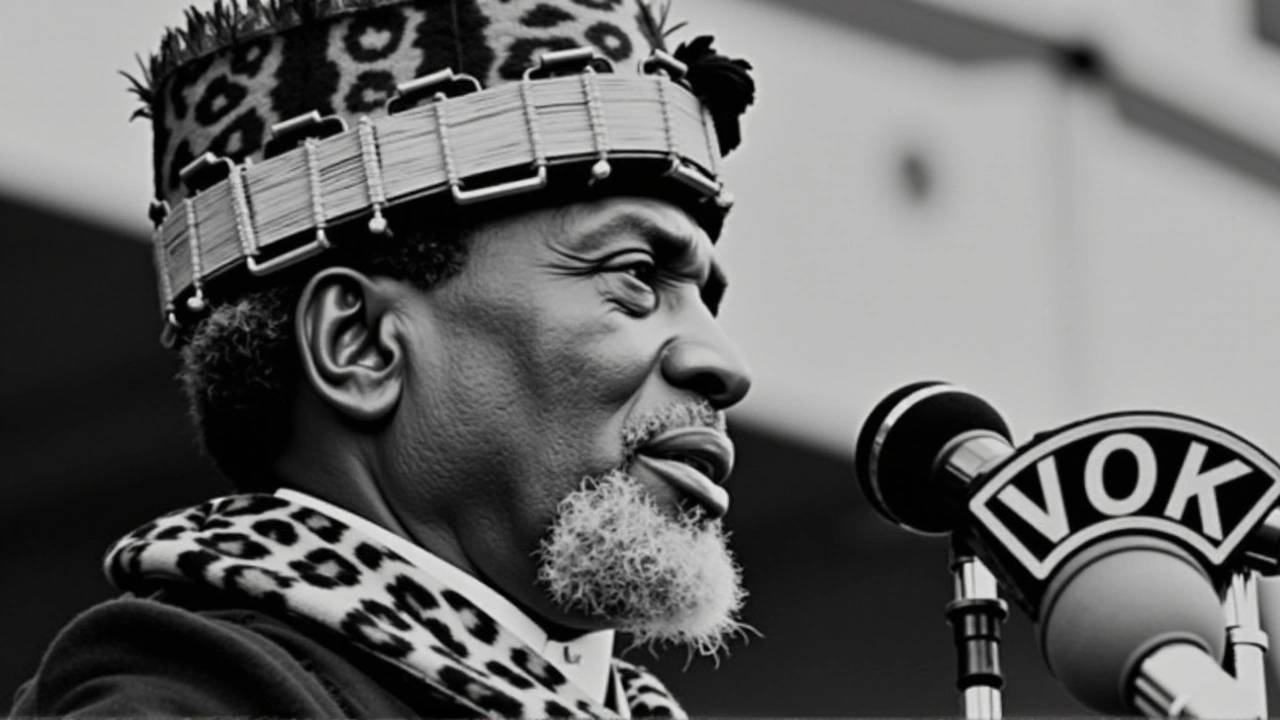Kenyan History: Understanding the Roots and Key Events
Kenya's history is rich and complex, stretching from ancient times to recent years. But what makes Kenyan history so fascinating? It’s a story full of resistance, resilience, and remarkable leadership that has shaped the nation's identity today. This page highlights significant moments and movements that anyone curious about Kenya should know.
Colonial Era and the Mau Mau Uprising
Before independence, Kenya was under British colonial rule. This period brought many challenges including land dispossession and cultural suppression for native Kenyans. One major event during this time was the Mau Mau uprising in the 1950s. This rebellion involved ordinary Kenyans fighting against the colonial government for their land and freedom. The uprising was brutal but forced the British to reconsider their control, eventually paving the way for Kenya’s independence.
Understanding this rebellion is crucial because it was more than just a fight against colonial rulers; it was about reclaiming identity and dignity. The brave leaders and everyday fighters of the Mau Mau became symbols of Kenyan pride and resistance.
Path to Independence and Nation Building
The Mau Mau struggle set the stage for Kenya’s independence in 1963. Key figures like Jomo Kenyatta emerged as national leaders who would steer the new country forward. Independence was just the beginning—building a nation involved overcoming ethnic tensions, developing a stable economy, and establishing government institutions.
Kenyan history after independence is marked by both successes and setbacks. The country faced political rivalry, economic challenges, and social changes but remained determined to grow. Learning about this period helps explain Kenya’s current social and political landscape.
If you want to get a good grasp of Kenyan history, focusing on these pivotal events—colonial oppression, the Mau Mau uprising, and the fight for independence—is a great start. They show the struggles and spirit that continue to influence Kenya today.
Stay with us to explore more stories, lesser-known facts, and leaders who played a part in Kenya's journey. Knowing history not only connects us to the past but also helps us understand present-day Kenya better.
Unmasking Jomo Kenyatta: The Complex Legacy of Kenya's First President
Jomo Kenyatta, often glorified as Kenya's 'father of the nation,' played a key role in the struggle for independence from British colonial rule. However, his true legacy includes elements of authoritarianism and cultural conservatism, masked by his skillful self-mythologizing through literature. This article explores the complex and multifaceted aspects of Kenyatta's contributions and shortcomings.
Read More
